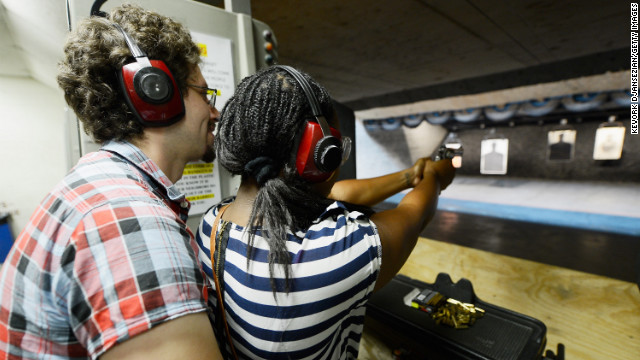
(CNN) -- About 200 Utah educators spent part of their holiday vacation in class themselves -- learning how to handle a gun.
The idea of a Utah teacher having a loaded weapon in class isn't new, nor is it illegal. Still, Thursday's training session near Salt Lake City has received attention in the wake of this month's massacre at a Connecticut elementary school, as well as the call one week later by National Rifle Association CEO Wayne LaPierre to facilitate thearming of more educators.
Mostly Democratic politicians, teacher's groups and mayors -- including New York's Michael Bloomberg, Boston's Thomas Menino and Philadelphia's Michael Nutter -- have blasted this proposal. For them, the focus policywise should be ensuring there aren't firearms in schools, not bringing more of them in.
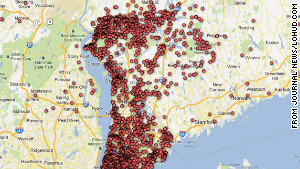
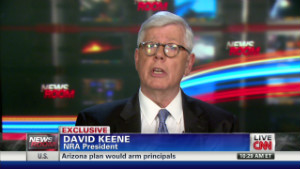
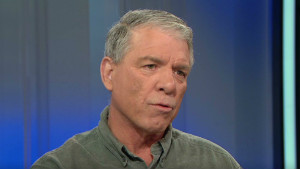
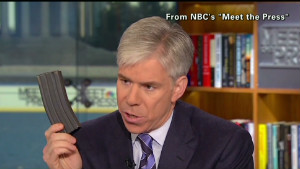
"Guns have no place in our schools. Period," Dennis Van Roekel and Randi Weingarten, the presidents of the two biggest U.S. teachers' unions, said in a joint statement. "We must do everything we can to reduce the possibility of any gunfire in schools, and concentrate on ways to keep all guns off school property and ensure the safety of children and school employees.
But to Clark Aposhian -- president of the Utah Shooting Sports Council, which ran Thursday's event in West Valley City -- it's a matter of giving teachers, school administrators and janitors the same rights, when licensed, to carry a concealed weapon in their place of work as others have.
"What we're talking about is not arming teachers," he said, contending that the approach of locking doors and hiding behind a desk "just isn't doing it anymore." "We're simply not taking away that ability of lawful self-defense within a school."
For 12 years, Utah educators have been able to do just that, even if only a small fraction do bring guns into their workplace. The state's concealed weapon law allows for a person to have, on his person or in a secure lockbox, a weapon inside a school, Aposhian said.
If they do have a loaded gun, their principals, school districts, and local police departments wouldn't even know, given the restrictions in place limiting who is told about who has a concealed weapons permit.
Aposhian told CNN that, since this law took effect, there have been no accidents or incidents involving educators' firearms in Utah schools, nor have there been school shootings in the state.
The aim of Thursday's six-hour training sessions isn't to make educators into commandos roaming the halls to engage in shootouts with school shooters, he said. Rather, it's to give them one more option -- should the lockdown policies fail, law enforcement officers don't arrive on time, and a gunman makes his way into their room.
"When that shooter gets into the classroom, the teacher doesn't need to do a lot of tactical training to access and engage a firearm," said Aposhian, who is an instructor at Thursday's session.
"Point it at the shooter, (who) is probably going to be 5 to 10 feet away, and press the trigger -- thereby alleviating that option of jumping in front of the kids to soak up the bullets."
Just days after announcing it, Aposhian described as "overwhelming" the response to Thursday's concealed-carry permit class, which is being offered free of charge to educators. About 200 will be taught things like how to handle and secure their firearm, plus applicable laws -- a class that, except for one hour devoted to what to do in school shooting scenarios, any other qualified Utahan could take.
"This is nothing new for Utah," Aposhian said. "You just haven't heard of it before."
http://www.cnn.com/2012/12/27/us/utah-teachers-weapons/index.html?hpt=hp_c2
No comments:
Post a Comment